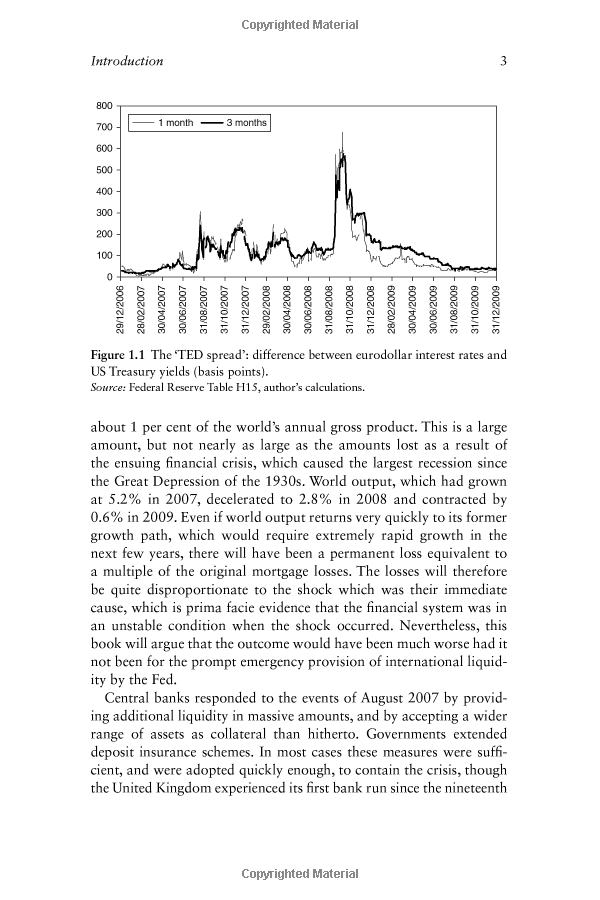Unlocking Financial Wisdom: The Ultimate Formula to Calculate Interest on Loan
#### IntroductionWhen it comes to managing finances, understanding how to calculate interest on a loan is crucial. Whether you're taking out a personal loan……
#### Introduction
When it comes to managing finances, understanding how to calculate interest on a loan is crucial. Whether you're taking out a personal loan, a mortgage, or a car loan, knowing the formula to calculate interest on loan can save you a significant amount of money over time. This article will delve into the intricacies of loan interest calculations, providing you with a comprehensive guide to mastering this essential financial skill.
### Understanding Interest on Loans
Interest is essentially the cost of borrowing money. When you take out a loan, the lender charges you interest as a fee for the service of lending you money. This interest can be calculated in various ways, but the most common methods are simple interest and compound interest.
### Simple Interest vs. Compound Interest
Simple interest is calculated only on the principal amount, which is the initial sum of money borrowed. The formula for simple interest is:
\[ \text{Simple Interest} = P \times r \times t \]
Where:
- \( P \) = Principal amount
- \( r \) = Interest rate (as a decimal)

- \( t \) = Time (in years)
On the other hand, compound interest is calculated on the principal amount and also on the interest that accumulates over time. The formula for compound interest is:
\[ A = P \left(1 + \frac{r}{n}\right)^{nt} \]
- \( A \) = the amount of money accumulated after n years, including interest.
- \( n \) = number of times that interest is compounded per year.
### The Formula to Calculate Interest on Loan
The formula to calculate interest on loan varies depending on whether you're using simple or compound interest. For borrowers, it’s essential to understand both methods.
1. **For Simple Interest**:

- If you borrow $10,000 at an interest rate of 5% for 3 years, the calculation would be:
\[
\text{Simple Interest} = 10,000 \times 0.05 \times 3 = 1,500
\]
Therefore, you would pay $1,500 in interest over the life of the loan.
2. **For Compound Interest**:
- If the same $10,000 is borrowed at a 5% interest rate compounded annually for 3 years, the calculation would be:
A = 10,000 \left(1 + \frac{0.05}{1}\right)^{1 \times 3} = 10,000 \left(1.05\right)^3 \approx 11,576.25

Here, the total amount due after 3 years would be approximately $11,576.25, meaning the interest paid would be about $1,576.25.
### Why Knowing the Formula to Calculate Interest on Loan is Important
Understanding how to calculate interest on a loan can empower you to make informed financial decisions. By knowing how much interest you will pay over the life of a loan, you can better plan your budget and avoid financial pitfalls. Additionally, this knowledge can help you compare different loan offers, allowing you to choose the one that best fits your financial situation.
### Conclusion
In conclusion, the formula to calculate interest on loan is a powerful tool in your financial toolkit. By mastering both simple and compound interest calculations, you can take control of your borrowing and ensure you make the best financial choices. Whether you're looking to save money on your next loan or simply want to understand your financial obligations better, this knowledge is invaluable. So, take the time to learn and apply these formulas, and you'll be well on your way to financial literacy and success.